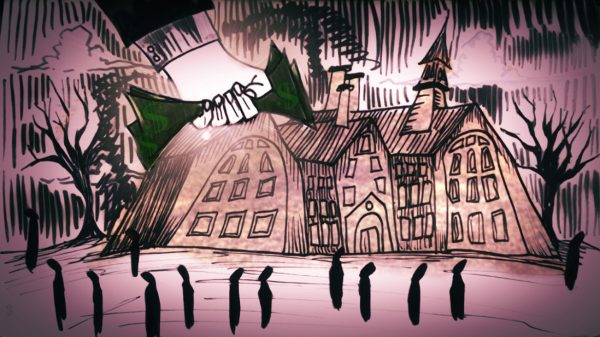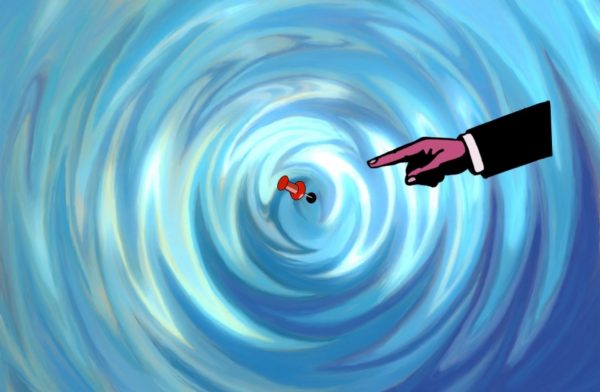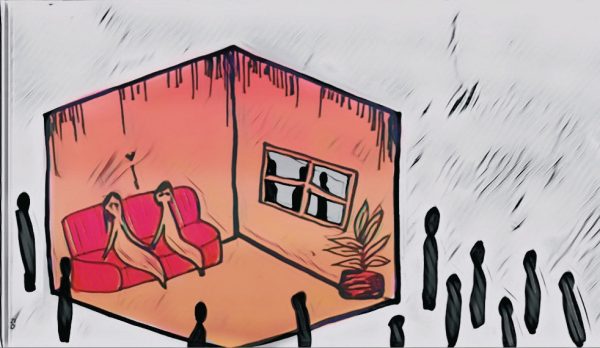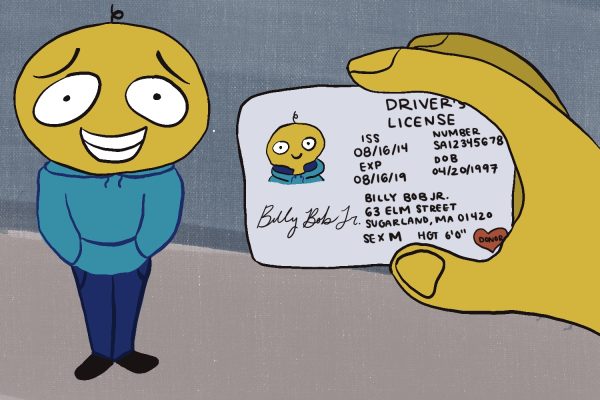The meaning of sex
Ê
Dear Editor,
In response to your article about the Catholic Center ÒTackling SexÓ, I have a few opinionsÉ
Sexuality used to mean adulthood and responsibility. Childhood ceased to exist when one became a sexual being. Yet modern psychology tells us that we are always sexual beings. What sexuality means to us changes over the course of our lifetime and throughout cultural constructs of sexuality.
While we are at the age of adulthood, we are not at the state of adulthood. In our college years, we are capable of sexual feelings, thoughts and acts, but we are not yet capable of the emotional capacity of these feelings and acts.
Brain research also tells us that we are still developing, and wonÕt have a fully formed adult brain until we reach the age of 25. Granted, most college students are still in their teens when they enter their freshman year, and even so, the average graduating age is between 21 and 23 years old. WeÕve still got a few years to develop even after our formal schooling.
In this limbo stage between childhood and adulthood, we find out who we are for our later phases of life. It is especially true for our sexuality.
Man, woman, transgendered, homosexual or heterosexual, all explore their identities as sexual beings. We like to think that sexuality is a black and white area, and in this environment, we only come up with more questions and realize how grey this area actually is.
It is not Òhurting, feeling empty, or unlovedÓ which Fr. Schnobrich likes to think, we donÕt know what we feel or what we want until we test the waters.
IÕm not saying that the Catholic center is wrong for promoting stable, healthy relationships. But they should realize that itÕs the idealized life for this population. An idealized life is not a comparable life, because everyoneÕs ideal is different.
Yes, everyone wants to be happy and feel loved, but not everyone needs a significant other to feel that way. They make it seem that the end goal is to get married, have children, live in the suburbs and be perfect.
ArenÕt we past the 1950s? Even in that era, it was still full of its own problems with teen pregnancy, womenÕs rights, and civil unrest for equality. My real life, and everyone elseÕs I bet, are much more interesting than the ideal life.
I bet I will get the dismissal that ÒSheÕs just another college student who wants to fill the emptiness inside her with sex.Ó
ItÕs because I am older and I have been in love that I can to tell you how wrong you are. How disillusioned am I to your sermon on a loving relationship when IÕve loved and lost already?
In the case of sexuality, we are powerless against the cultural definitions of it, not our inability to be in stable, loving relationships.
Ê
Sincerely,
Ê
Erica Smith
Class of 2013





![Can’t buy me [self] love](https://vtcynic.com/wp-content/uploads/2024/04/self-care-FINAL-600x398.jpg)





